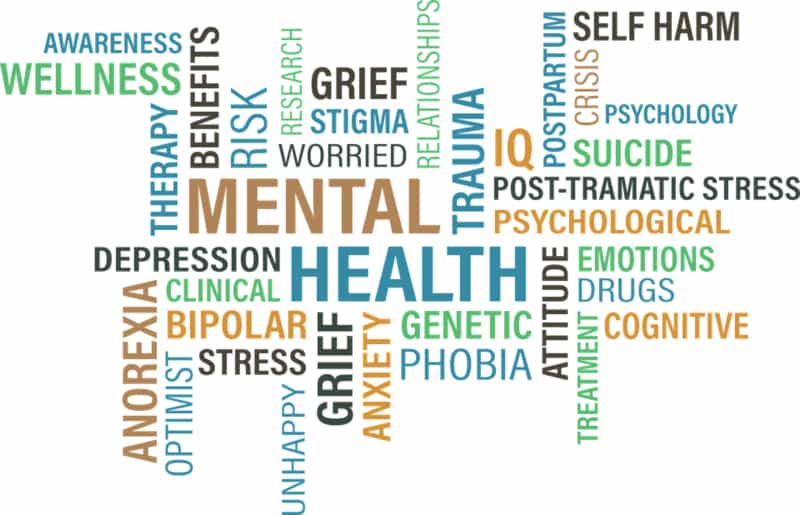If you have received incorrect care from your medical professional, it can cause lasting damage. The damage isn’t always physical and can sometimes relate back to your mental health. Can you make a claim in these circumstances?
What is medical negligence?
Medical negligence is when the care that has been provided by a medical professional has been substandard and results in a direct injury due to mistakes or lack of care. It can also occur when the wrong type of medication has been provided and your condition ends up getting worse. Medical negligence can happen in several different ways including but not limited to misdiagnosis, surgical errors, and incorrect treatment.
How can medical negligence affect mental health?
Medical negligence can affect mental health if your treatment or ordeal was particularly traumatic. This can result in long-lasting effects such as PTSD (Post Traumatic Stress Disorder).
Another way that medical negligence can affect your mood is if the treatment was incorrect, resulting in additional healing time and, in some cases, more injury caused. This can cause manic depression and anxiety, especially for those who are unable to go to work or partake in their hobbies due to this prolonged period of illness.
Being prescribed the wrong type of medication to treat your illness is also a form of medical negligence and can lead to different mental disorders depending on the severity of the dose and the type of drug prescribed.
Can you make a claim?
Yes, you can.
It’s important that those with mental health, their family, and others surrounding them receive the utmost care, treatment, and support to help manage their mental health problems. Unfortunately, sometimes this is not the case and some people with mental health issues are treated with medical negligence, resulting in a lower chance of being able to treat their illness.
You can make a claim if:
- You were prescribed a prolonged course of inappropriate medications that didn’t help with your illness or caused you mental illness such as depression and anxiety.
- You believe that your doctor or mental health practitioner failed to suspect or investigate your symptoms of mental illness.
- You had a crisis and there was inadequate intervention from the services within your community.
- There was a failure to correctly assess, diagnose, and treat you when admitted to the hospital (voluntarily or under section).
- There was a failure to section/discharge/detain you if you were at risk of suicide.
- Your physical illnesses and events were not considered for your mental health problems.
Medical Negligence can happen to anyone, that’s why its important to find the right solicitor. Medical negligence occurs when a patient suffers injury or death as a result of medical treatment gone wrong. Medical negligence is not always intentional, but it does occur more often than you think. Medical Negligence has become one of the leading causes of personal injuries in England and Wales today. If you need assistance with your claim, why not contact Mark Reynolds Solicitors today?
Before you make a claim
Start by sitting down and thinking about how medical negligence has affected you and those around you. Write down in as much detail when the issue started and how things were handled. This way you and your solicitors will be able to pinpoint where the medical negligence started, and you’ll have the right information to hand for making your claim with.
It can be traumatic to discuss your mental health medical negligence. Remember to be kind and patient with yourself. Take all the time you need and think about your own wellbeing first.


